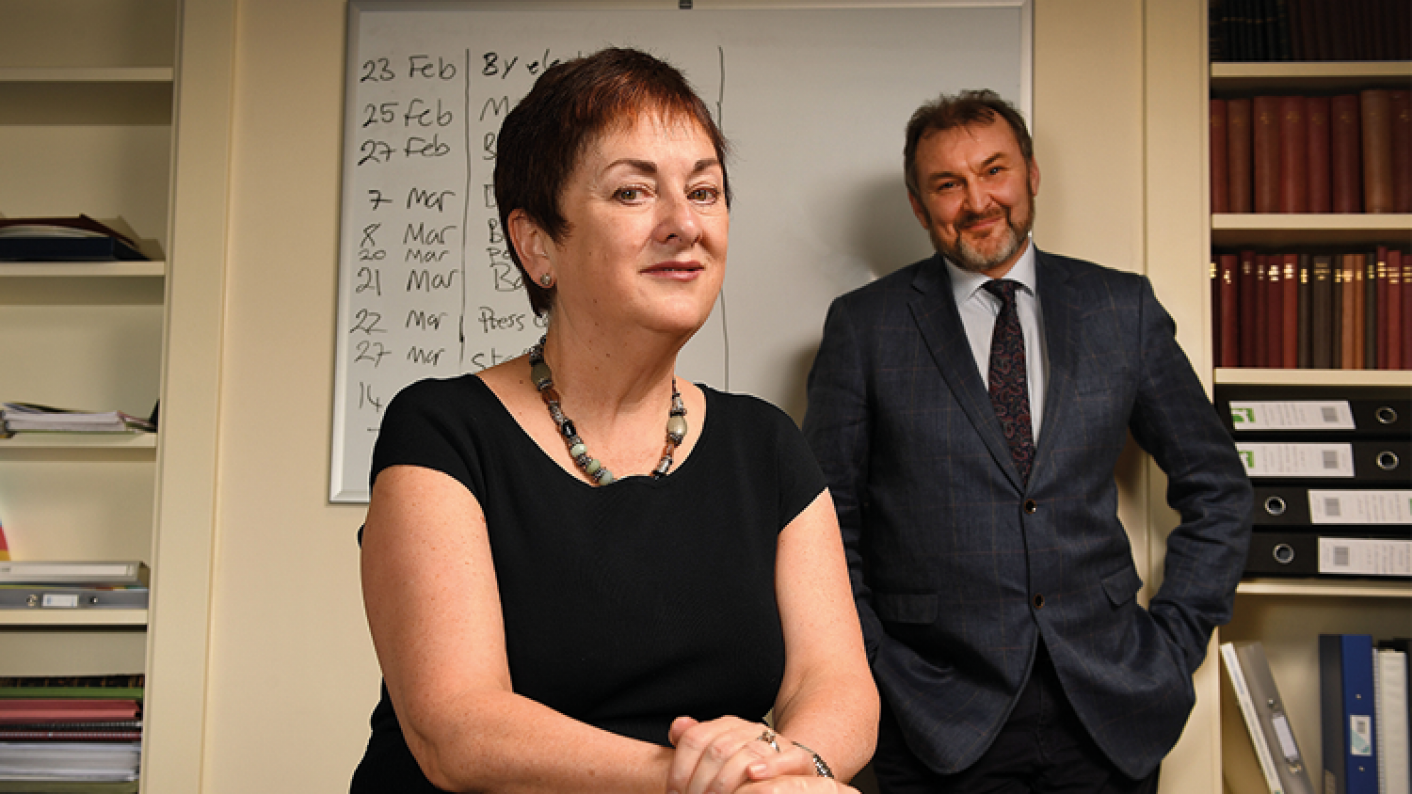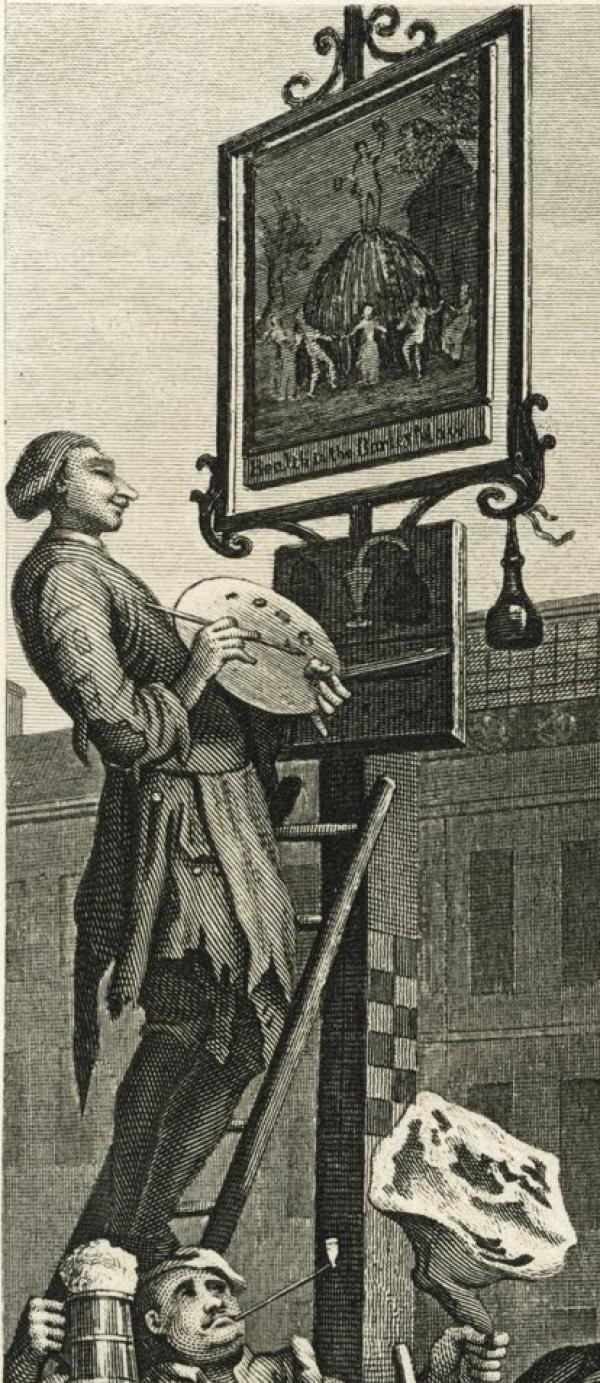Oh dear! I promised the Spouse I would stop thinking about the Dominic Cummings affair (I was getting very grumpy; I hate seeing anyone bullied, particularly where a young child is involved) yet here I am sitting down to write about it - tangentially, at least.
For anyone who has spent time in teaching, there's something very familiar about the way certain journalists are behaving. While I agree that the broadcast media have a duty to question the actions of those in power, there comes a time when their continued aggressive persistance starts to look more than a little juvenile: "Yes, Laura, I am well aware that Dominic jumped the lunch queue and no, that does not mean everyone else can do it too."
Over the past decades, over and above the demands of the curriculum, there are three things about which I have tried to teach all of my pupils: Occam's Razor, Utilitarianism and the Tragedy of the Commons (with a dash of Socrates thrown in). The idea is to give them a toolkit with which they can approach and objectively analyse whatever life throws at them.
Having a framework of this kind is particularly beneficial for those pupils who, while capable and intelligent, find themselves permanently cross-threaded in the machinery of life. Frequently - but not exclusively - this is associated with something like high-functioning ASD (Asperger Syndrome), where being less able than most to rely on intuitive or conditioned grasp of societal norms means you frequently end up trying to work everything out from first principles on a logical basis.
Now, it is certainly not my place to speculate about Mr Cummings, but I'd guess from the 'weirdos and misfits' job description (and his reported lack of 'people skills') that he is no stranger to that way of thinking; in fact, his approach all along has been characterised by a willingness - or determination - to take things apart and question everything.
That being so, it was almost inevitable that, faced with a unique and complex combination of circumstances (including potential threats to his home and family), he would go back to basics and attempt to find the most rational solution possible rather than simply obeying the shorthand general advice that he, among others, had promulgated.
It's the tragedy of the commons, of course; one family group changing quarters makes little or no difference but a multitude doing so is a very different matter. Cummings, by reasoning from an individual rather than a collective viewpoint, opened himself up to the spittle-flecked (and somewhat ironic) bellows of 'Hypocrite!' from the crowd besieging his home.
It is possible that his judgement was impaired by the virus - the speed with which he succumbed to the illness on arrival suggests he may have been his usual incisive self - but, whatever the case, it is hardly reasonable to suggest that what he did entitled any Tom, Dick or Harry to pile the kids into the car and head off for a jolly day out at the coast, whatever the pundits may say.
Reason, however, has been taking a holiday, at least as far as a certain sector of journalism is concerned; think of the closely-packed mob shoving microphones and cameras in his face (are we allowed to say 'the pot calling the kettle black' these days?) or the endless attempts to shoe-horn criticism of him into unrelated news stories. Selective reporting - and what looks increasingly like the opportunistic settling of scores - has pushed the story onto the front pages and kept it there.
The end result begins to look more and more like an unrelenting attempt to unseat Mr Cummings (and possibly the Prime Minister) at all costs. Another thing I teach my pupils is always to ask 'cui bono?'; whether it's because of Brexit, the BBC, No. 10's internal affairs or simply party politics, Mr Cummings' problem is that, in his case, the answer is a very long list indeed.
For anyone who has spent time in teaching, there's something very familiar about the way certain journalists are behaving. While I agree that the broadcast media have a duty to question the actions of those in power, there comes a time when their continued aggressive persistance starts to look more than a little juvenile: "Yes, Laura, I am well aware that Dominic jumped the lunch queue and no, that does not mean everyone else can do it too."
Over the past decades, over and above the demands of the curriculum, there are three things about which I have tried to teach all of my pupils: Occam's Razor, Utilitarianism and the Tragedy of the Commons (with a dash of Socrates thrown in). The idea is to give them a toolkit with which they can approach and objectively analyse whatever life throws at them.
Having a framework of this kind is particularly beneficial for those pupils who, while capable and intelligent, find themselves permanently cross-threaded in the machinery of life. Frequently - but not exclusively - this is associated with something like high-functioning ASD (Asperger Syndrome), where being less able than most to rely on intuitive or conditioned grasp of societal norms means you frequently end up trying to work everything out from first principles on a logical basis.
Now, it is certainly not my place to speculate about Mr Cummings, but I'd guess from the 'weirdos and misfits' job description (and his reported lack of 'people skills') that he is no stranger to that way of thinking; in fact, his approach all along has been characterised by a willingness - or determination - to take things apart and question everything.
That being so, it was almost inevitable that, faced with a unique and complex combination of circumstances (including potential threats to his home and family), he would go back to basics and attempt to find the most rational solution possible rather than simply obeying the shorthand general advice that he, among others, had promulgated.
It's the tragedy of the commons, of course; one family group changing quarters makes little or no difference but a multitude doing so is a very different matter. Cummings, by reasoning from an individual rather than a collective viewpoint, opened himself up to the spittle-flecked (and somewhat ironic) bellows of 'Hypocrite!' from the crowd besieging his home.
It is possible that his judgement was impaired by the virus - the speed with which he succumbed to the illness on arrival suggests he may have been his usual incisive self - but, whatever the case, it is hardly reasonable to suggest that what he did entitled any Tom, Dick or Harry to pile the kids into the car and head off for a jolly day out at the coast, whatever the pundits may say.
Reason, however, has been taking a holiday, at least as far as a certain sector of journalism is concerned; think of the closely-packed mob shoving microphones and cameras in his face (are we allowed to say 'the pot calling the kettle black' these days?) or the endless attempts to shoe-horn criticism of him into unrelated news stories. Selective reporting - and what looks increasingly like the opportunistic settling of scores - has pushed the story onto the front pages and kept it there.
The end result begins to look more and more like an unrelenting attempt to unseat Mr Cummings (and possibly the Prime Minister) at all costs. Another thing I teach my pupils is always to ask 'cui bono?'; whether it's because of Brexit, the BBC, No. 10's internal affairs or simply party politics, Mr Cummings' problem is that, in his case, the answer is a very long list indeed.

